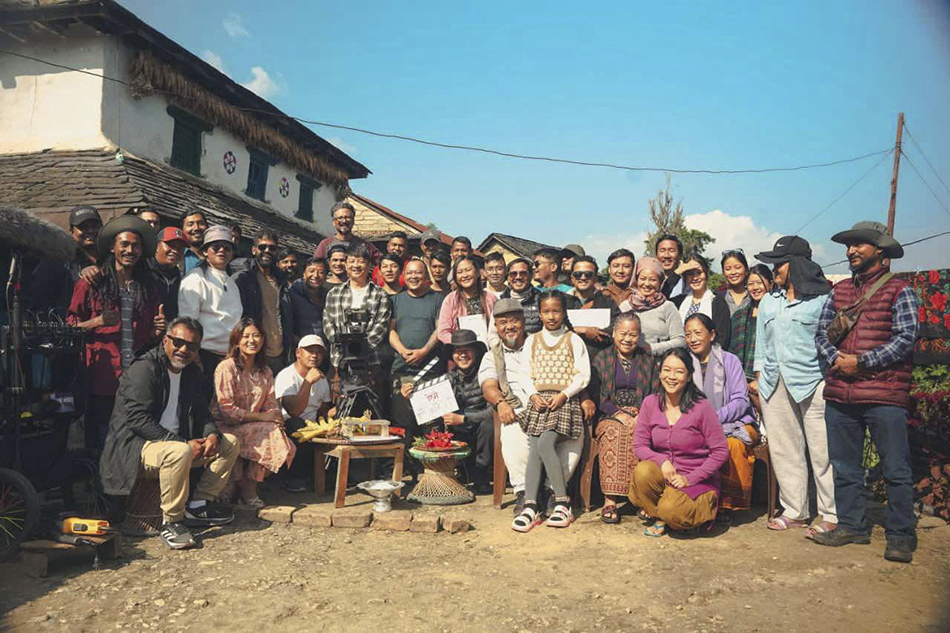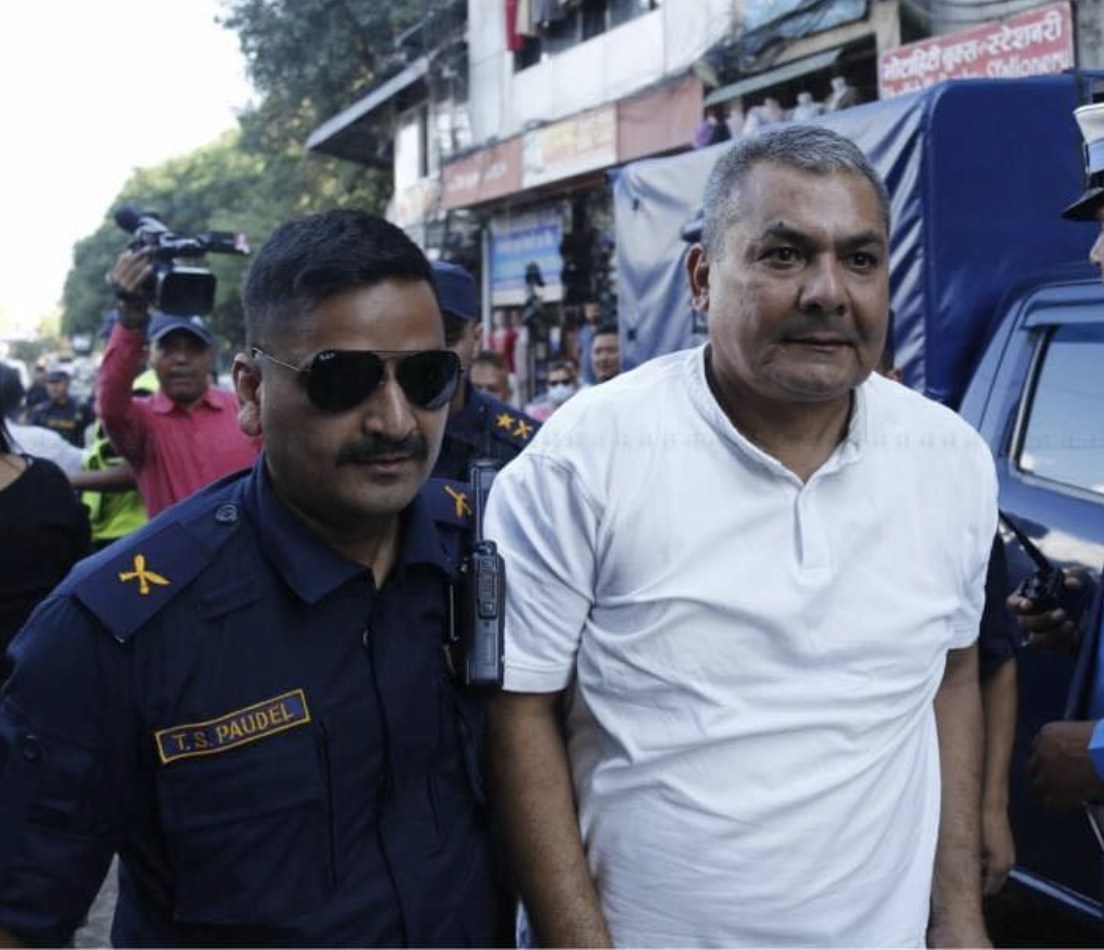The Himalayan Republic’s Political Culture is Grossly Under-Developed

By Shashi P.B.B. Malla
Our South Asian neighbour Sri Lanka is on the path to renewal after two astounding electoral results [see our main article on page 4).
Unfortunately, we cannot hope to replicate this success, because we lack the democratic foundations which are rock-solid there.
We are also completely deficient in a vibrant and functioning political culture – absolutely necessary to eradicate endemic corruption and put our country on the path to sustained development and a free and fair society.
Thus, in our current state, and unlike as in Sri Lanka, elections will bring about no change in the political make-up. We will get the same mixture as before, because something/everything is very rotten in the Himalayan Republic.
Like in Bangladesh, we have to send the power-holders packing and start from scratch.
This also means completely re-defining and re-structuring our national political culture.
The Concept of ‘Political Culture’
This concept describes the attitudes, beliefs and rules that guide a political system, which are determined jointly by the history of the system and the experiences of its members.
We will have to focus on the content of this culture and the processes of socialization and internalization of political values.
These include the various agencies of political socialization, such as family, education, mass media, social media and political parties.
It also focuses on the compatibility of political culture with the values and attitudes current in the wider national culture, elite and mass cultures.
We must start at the grassroots to cultivate and build up a sense of political participation.
Village and urban assemblies of the people will directly elect the councils that will govern them.
These councils will also be directly responsible for the health posts/hospitals, schools/colleges and the environment.
Political Participation
This entails taking part in the political processes that lead to the selection of political leaders and determine and influence public policy.
This should take place right at the grassroots, so that a feeling of belonging and owning the decision-making process is nurtured, like in the women’s role in community forests.
Political participation at the grassroots will strengthen our political culture and fortify our sense of ‘community’.
Many problems can be discussed jointly and solutions sought at the local level –like quality education, proper health services, water supply, environmental pressures, ‘brain & brawn drain’, etc.
For this reason, Civics must be a compulsory subject in schools and colleges.
This is essential since apathy is extensive and the politically concerned public is in the minority.
However, even now it is possible to mobilize a critical mass of people against the entrenched and corrupt politicians.
The writer can be reached at: shashipbmalla@hotmail.com






